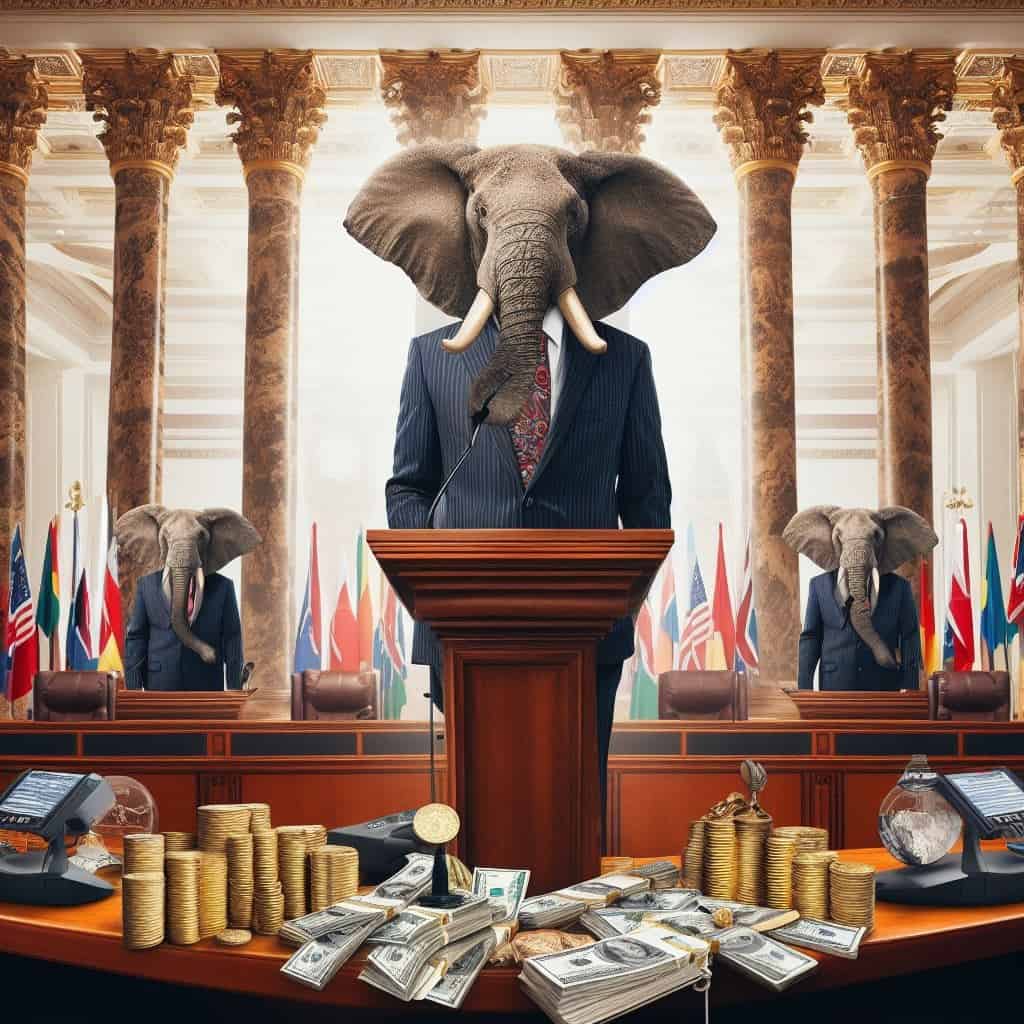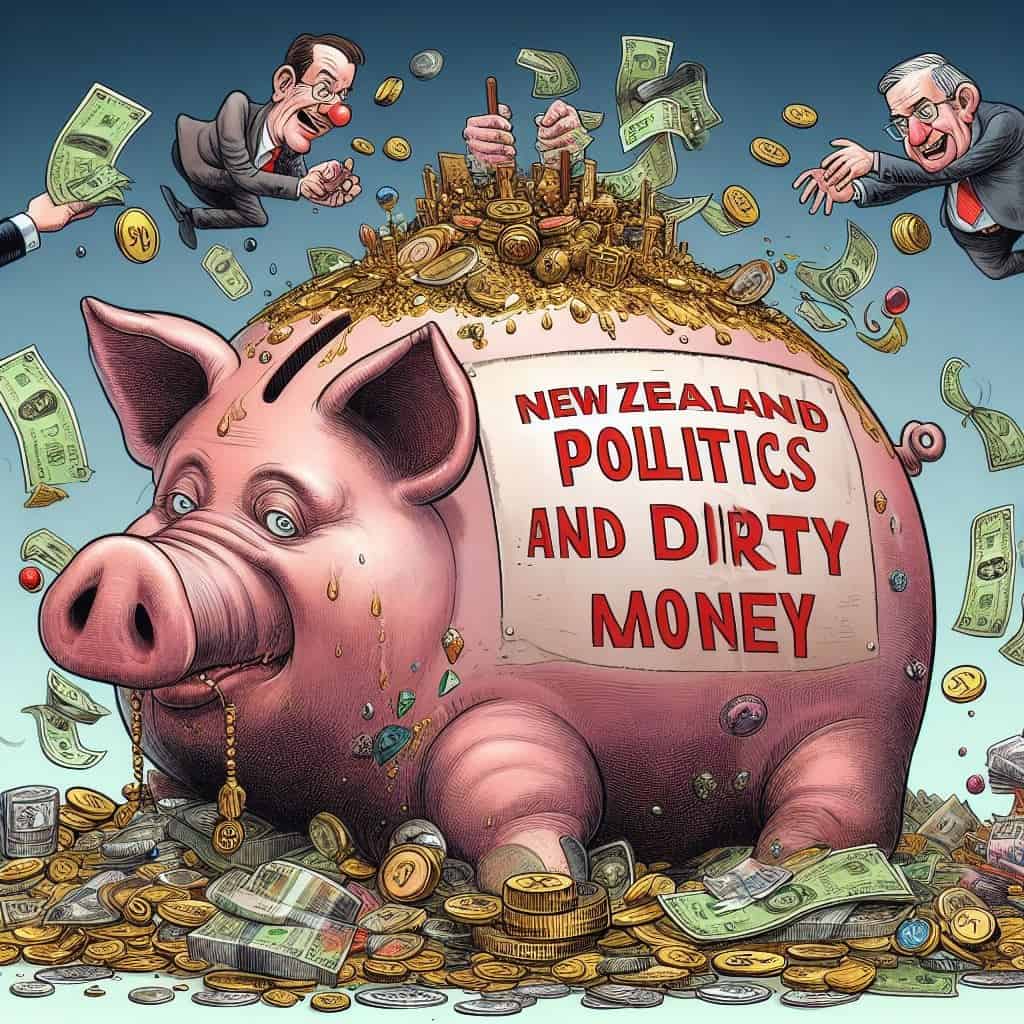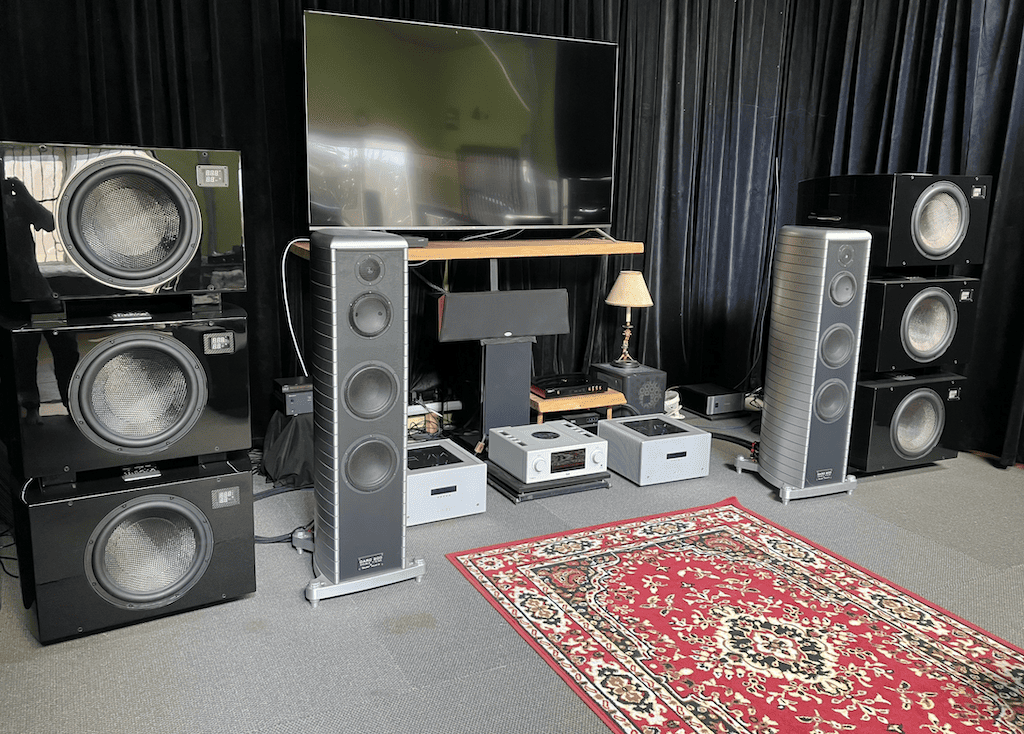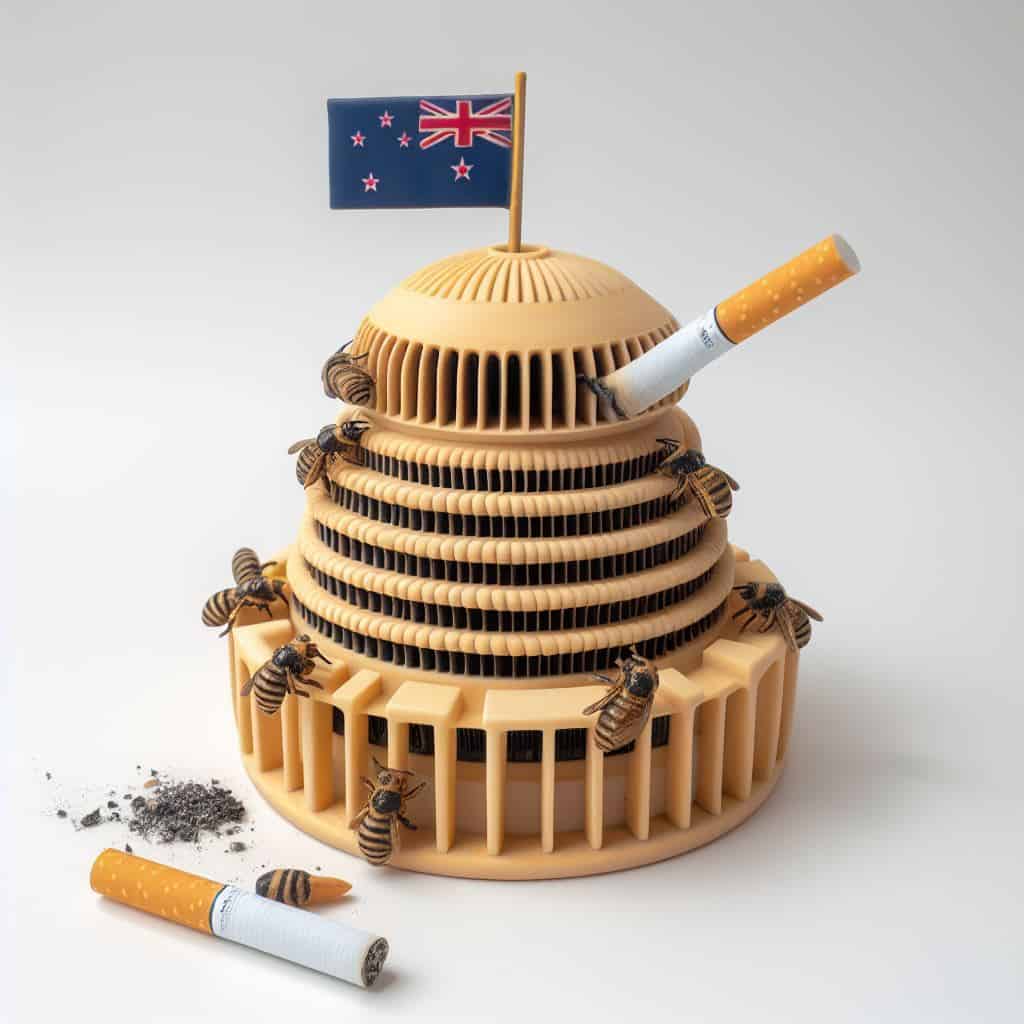No one mentions the disparity wrought by advertising dollars and big donors on the outcome of the election. PAT PILCHER with his analysis.
 Now the election dust is settling, the multi-million dollar question is what can we learn from it all? While the usual mistakes were made by all sides, a key issue that needs to be addressed, regardless of which flavour of political Kool-Aid you consume, is going largely ignored.
Now the election dust is settling, the multi-million dollar question is what can we learn from it all? While the usual mistakes were made by all sides, a key issue that needs to be addressed, regardless of which flavour of political Kool-Aid you consume, is going largely ignored.
National was a clear winner on the night. While analysts and commentators attribute their landslide win to many factors, including a tough global financial environment and anger at the Labour government’s COVID measures, I suspect most missed (or simply omitted) the elephant in the room.
Would you like to support our mission to bring intelligence, insight and great writing to entertainment journalism? Help to pay for the coffee that keeps our brains working and fingers typing just for you. Witchdoctor, entertainment for grownups. Riveting writing on music, tech, hi-fi, music, film, TV and other cool stuff. Your one-off (or monthly) $5 or $10 donation will support Witchdoctor.co.nz. and help us keep producing quality content. It’s really easy to donate, just click the ‘Become a supporter’ button below.
By elephant, I mean campaign funding. According to The New Zealand Herald, the National Party managed to raise a whopping NZ$2.3 million from 24 big donors in 2022. This was on top of the $8.2 million they’d already gathered since the start of 2021. Labour campaign donations paled at a mere $1.1 million over the same period. While big business financed most of the National Party campaign donations, Labour received no individual business donations over $15,000 during 2021 or 2022 and no donations over $20,000 in 2023.
 The National Party’s bulging war chest of campaign funds bought lots of advertising space. At this juncture, it’s worth pointing out that, like any sensible business, cash-starved media outlets circling the U-bend will go to great lengths to protect advertising revenues. Some argue that this is perhaps why previously independent and balanced media outlets swung sharply into National’s camp in terms of their framing and coverage of political parties, people and issues leading up to the election.
The National Party’s bulging war chest of campaign funds bought lots of advertising space. At this juncture, it’s worth pointing out that, like any sensible business, cash-starved media outlets circling the U-bend will go to great lengths to protect advertising revenues. Some argue that this is perhaps why previously independent and balanced media outlets swung sharply into National’s camp in terms of their framing and coverage of political parties, people and issues leading up to the election.
This isn’t to say that money was the sole reason for NZ voters’ sharp swing to the right. Still, it’s probably not unreasonable to say that it certainly played a sizeable role in shaping public opinions in the two years leading up to the election.
Existing election campaign funding laws say that political parties must notify Elections NZ within 10 working days when they get more than $20,000 from a single donor in an election year. All political parties must also file a return outlining all donations and loans they get annually, which must be made available to the public.
As good as that might sound, the reality is that these laws are easily gamed. Donations can be broken into smaller chunks below the notification threshold. This is a common tactic, as hinted at in the Simon Bridges recording by Jamie Lee Ross in 2020.
 So why should this matter? An election should be a contest of ideas, not which political party has the most money. The media should also inform voters of all competing political parties’ policies, implications, and workings. The media should also appraise voters on candidates’ merits and track each political party’s records. The argument goes that by doing this, voters are better placed to make an informed voting decision and that the best candidates and parties get elected. In theory, the national interests are better served until the next general election.
So why should this matter? An election should be a contest of ideas, not which political party has the most money. The media should also inform voters of all competing political parties’ policies, implications, and workings. The media should also appraise voters on candidates’ merits and track each political party’s records. The argument goes that by doing this, voters are better placed to make an informed voting decision and that the best candidates and parties get elected. In theory, the national interests are better served until the next general election.
Sadly, financial campaign disparities can distort politics, and the most cashed-up political campaigns tend to get the lion’s share of airtime (and the most favourable media framing/coverage). This translates into more voter headspace and, potentially, an election win on the night. If money is what wins elections instead of policies and people, then it is also arguable that New Zealand’s democracy could end up damaged and needing repair.
The other issue is that campaign donors never donate vast sums out of pure altruism. Most sizeable donations are seen by donors as an investment rather than a donation. In return for throwing tens of millions of dollars into a party’s campaign fund, donors usually expect favourable policies that can turn their tens of millions into hundreds or even billions of dollars should the party they “donated” to get elected.
When these issues are collectively considered, it becomes abundantly clear just how money can distort politics, subvert public interests, and even corrupt democracy (if in any doubt, look at the utter mess that is politics in the USA). In this regime, even if a party has terrible policies that ultimately hurt the populace and damage national interests, it doesn’t matter. Provided the party is sufficiently cashed up, they can turn to a costly PR agency and roll their policy turds in magical marketing glitter before flushing them through friendly media outlets to sell them to an unwitting voting public.
Clearly, law reforms are needed when it comes to political campaign funding. Banning donations from businesses and individuals and replacing them with pre-allocated taxpayer-funded amounts, adjusted for inflation and paid on a per candidate and voter share from previous election basis, could go a long way towards preventing corruption of the democratic process. Crucially, it would level the playing field to give competing political parties a fair basis to campaign, meaning that the focus gets put back on policies, people, and parties. This might not be a comprehensive or workable solution, but it’s at least a start.
 The National Party’s bulging war chest of campaign funds bought lots of advertising space. At this juncture, it’s worth pointing out that, like any sensible business, cash-starved media outlets circling the U-bend will go to great lengths to protect advertising revenues. Some argue that this is perhaps why previously independent and balanced media outlets swung sharply into National’s camp in terms of their framing and coverage of political parties, people and issues leading up to the election.
The National Party’s bulging war chest of campaign funds bought lots of advertising space. At this juncture, it’s worth pointing out that, like any sensible business, cash-starved media outlets circling the U-bend will go to great lengths to protect advertising revenues. Some argue that this is perhaps why previously independent and balanced media outlets swung sharply into National’s camp in terms of their framing and coverage of political parties, people and issues leading up to the election. So why should this matter? An election should be a contest of ideas, not which political party has the most money. The media should also inform voters of all competing political parties’ policies, implications, and workings. The media should also appraise voters on candidates’ merits and track each political party’s records. The argument goes that by doing this, voters are better placed to make an informed voting decision and that the best candidates and parties get elected. In theory, the national interests are better served until the next general election.
So why should this matter? An election should be a contest of ideas, not which political party has the most money. The media should also inform voters of all competing political parties’ policies, implications, and workings. The media should also appraise voters on candidates’ merits and track each political party’s records. The argument goes that by doing this, voters are better placed to make an informed voting decision and that the best candidates and parties get elected. In theory, the national interests are better served until the next general election.









